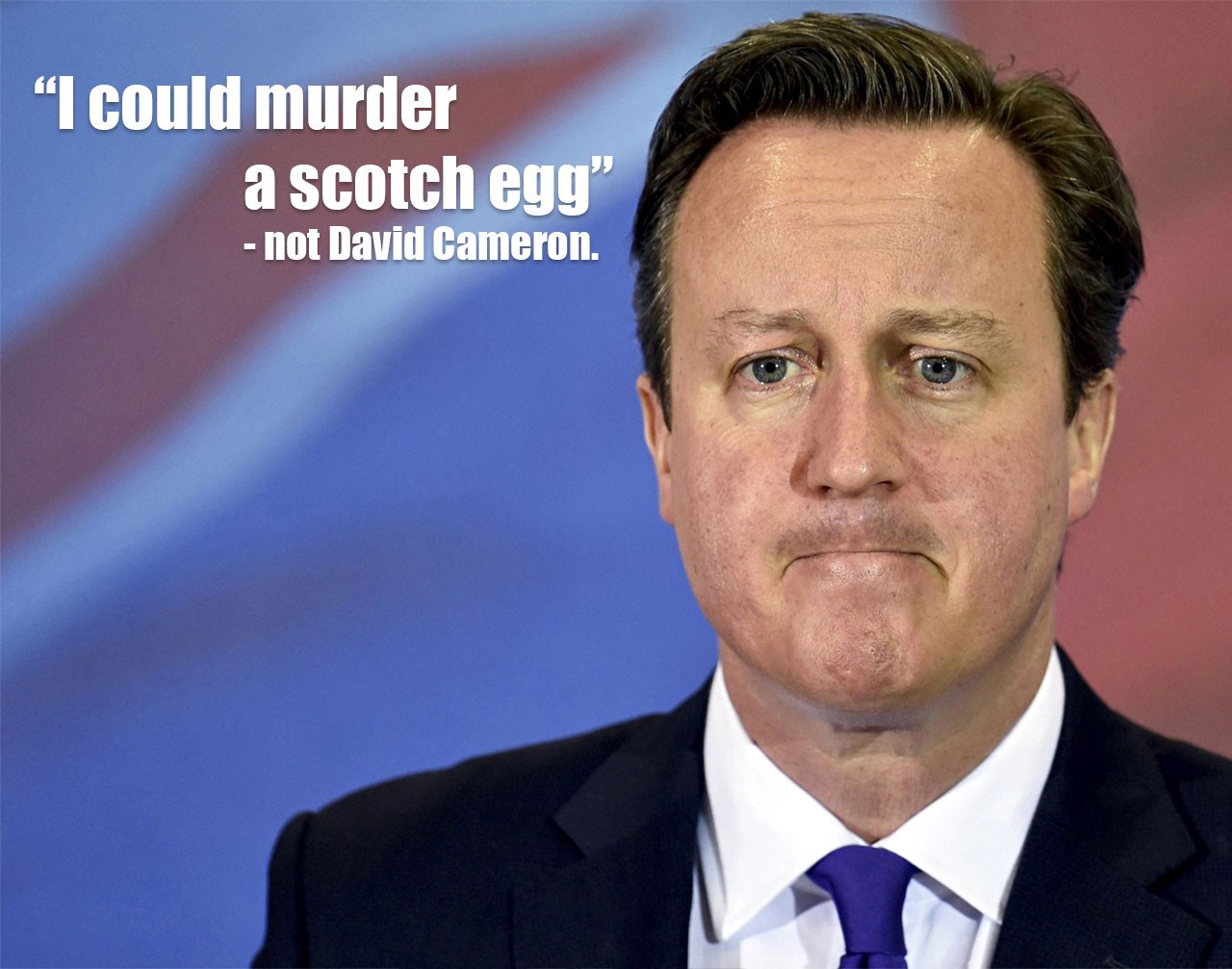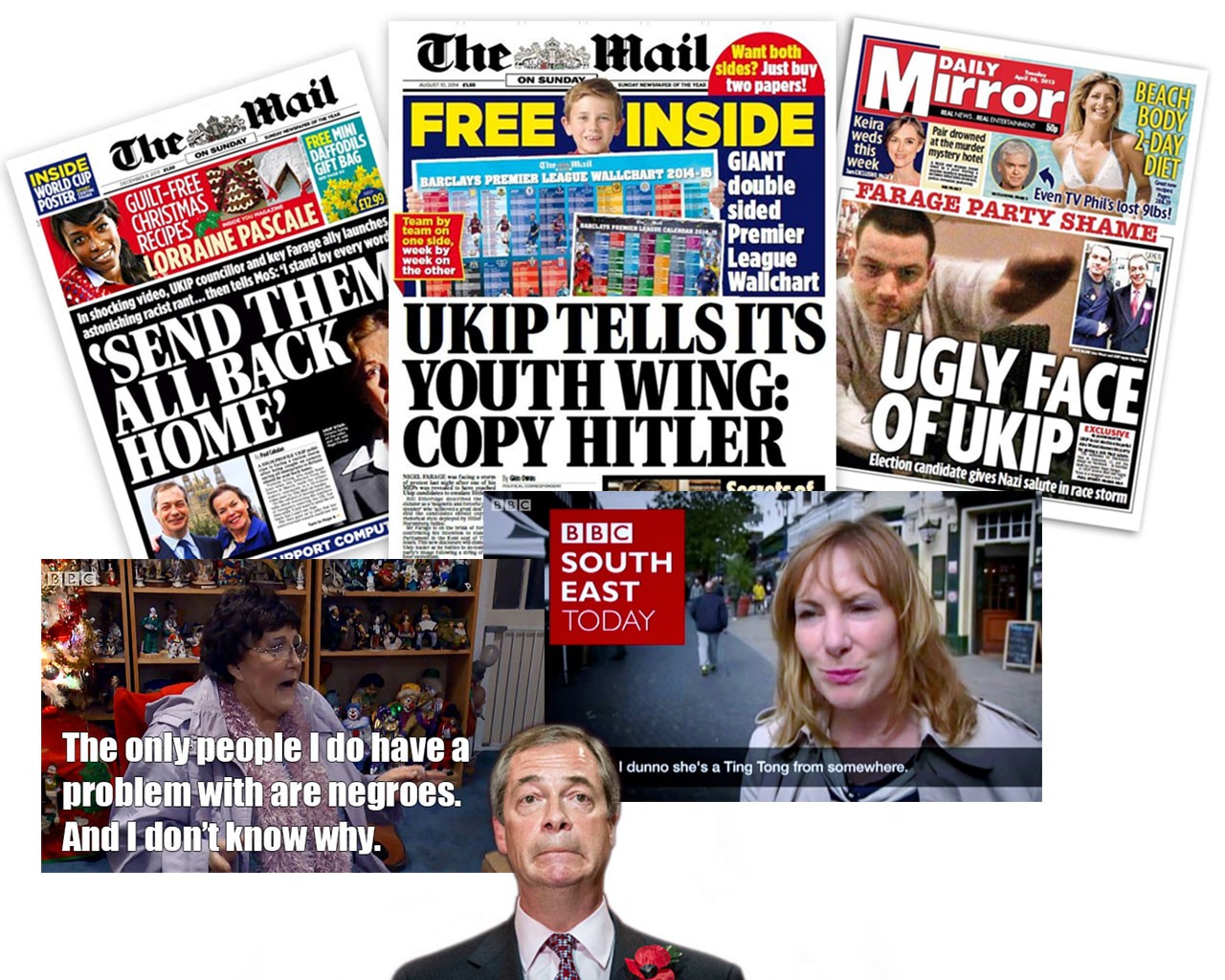Today is the day. Today the people of the United Kingdom can vote to change the future of the country for the better (hopefully) but unlike elections of the past, the outcome of this one is being considered too close to call. We have the Internet to thank for that.
In 2010 we saw a glimpse of what could happen when the internet - or more accurately, social media - had its part to play. Throughout the 27 year history of the Liberal Democrats they never received much in the way of power and the general opinion was that if you voted for a party who was not Conservative or Labour, you were throwing your vote away and yet, in 2010 the Lib Dems received so many votes that they were able to form a coalition government with the Tories.
This was in a huge part due to social media, most notably Twitter and Facebook. Now, for the first time ever, the media was controlled by the people, instead of the other way around. Thanks to the freedom of information offered by the Internet and the rapid proliferation of news and opinion which comes with social media, the nation was suddenly faced with a new idea:
You don't have to vote for one of the big two!
Five years on and social media has only grown, Twitter and Facebook are now household names with enough users to form a country of their own... each! It is no surprise then that politicians have changed their tactics to accommodate this new frontier of grass-roots ‘journalism’.
The ‘honest’ politician arises
This new breed of politician is no longer capable of getting away with the sort of shenanigans that they used to. The power of the online community can sniff out facts and publish them online faster than a press secretary can cover them up or spin the story.
When Nick Clegg let the country down and voted to increase tuition fees, he recorded an apology on television, it didn’t take long before the video was recut and turned into a song which even made it into the download charts!
Another example came a few years later when David Cameron wanted to show the country that he would be affected by his new ‘Pasty tax’ as he – the common man of the people – ate Cornish pasties too and that the last one he remembered having was at The West Cornwall Pasty Company in Leeds train station. An employee of Network Rail immediately took to twitter and commented that it must have been an exceptional pasty considering that the kiosk had closed 5 years earlier. This was closely followed with more ‘candid’ photos of David eating pasties and pies than you can possibly imagine.
[

This era of instant information has been particularly harmful for UKIP who (for fairly obvious reasons) seem to attract the biggest idiots in the country to their party. It is no surprise then that headlines are often filled with ‘UKIP Politician fired for making racist, idiotic and xenophobic comment’. Before social media, these politicians would probably have gotten away with it 90% of the time as the PR agents would keep it quiet or spin the story around somehow, but now the heads of the party have no choice but to make an example of them.

The days of kissing babies are over
Another surprising effect of social media is how politicians themselves are interacting with their audience. Prior to social networking it wasn’t just the public who were at the mercy of the news machine, even the politicians themselves would struggle with the bias and narrowband channels provided by the traditional media. Sure it was easy for the leaders of the Labour and Conservative parties to get their policies and points of view across but smaller parties would rarely get a look in. Newspapers, magazines, flyers and expensive television spots were their only options. For parties who don’t have the huge corporate backing of the bigger boys (the Green party are a prime example here), this sort of expense can be nearly impossible.
Even after the rise of the Internet, things were not much better; promoting content on the web was notoriously difficult before social media came along – ‘going viral’ wasn’t really a thing when content could only be shared via email and MSN Messenger.
These days however, it’s a completely different story; a politician can get their message across to millions of people in an instant; but there is a catch. They can’t continue to flatly their message now, in order to get a reach, what they send out must ‘go viral’, ideally going so far as to trend on twitter. Which is why you see stunts like Nick Clegg reading out the mean tweets people have said about him ‘for a laugh’ (although cringingly calling it ‘I Clegg your pardon’) whilst over in America the effortlessly cool Barack Obama often goes on late night talk shows or even does comedy routines himself!
video: https://www.youtube.com/watch?v=G6NfRMv-4OY
Can you imagine John Major doing that?
Where is this going?
Well, we are still in the early days of this phenomenon. Politicians have to be more honest as they can’t get away with being scumbags anymore but in the same vein, we are a lot quicker to be misled now that we - as a society - tend to believe anything we read on the internet. This has given rise to fear mongering tactics, used by parties such as UKIP and is a large part of the reason that immigration and other non-issues are getting so much attention. It’s no longer seen as acceptable to ignore these topics and so politicians tend to pander to them which is why we’ve suddenly seen Ed Miliband jump on the immigration bandwagon though labour never used to see it as a real issue (because it isn’t one), even going so far as releasing a ‘control immigration’ mug.
The future however, is a potentially bright one. The rise in political interest online has sparked a huge shift in attitude and hopefully we will soon see the public demanding a change in the voting system. If things change enough we may even finally see an end to the first past the post system and a move to proportional representation– something that would be made easier by the introduction of online voting by 2020).
What can we do in the meantime?
The internet is right in front of you, you are on it now. If you have not already gone to vote then I urge you to take a little time to research, look into the parties you are considering voting for and use one of the many ‘who should I vote for’ surveys (this is quite a good one). Make sure that you definitely do use your right to vote as the worst thing you can do, as a registered voter is to do nothing.
Remember, not voting in protest is not a protest at all, if you can’t vote for a party you believe in then you can spoil your ballot, which will be officially counted as a protest vote.
Happy voting, I’ll be watching the election for most of the evening (after casting my vote, of course) so if you have anything to say, hit me up in the comments section!